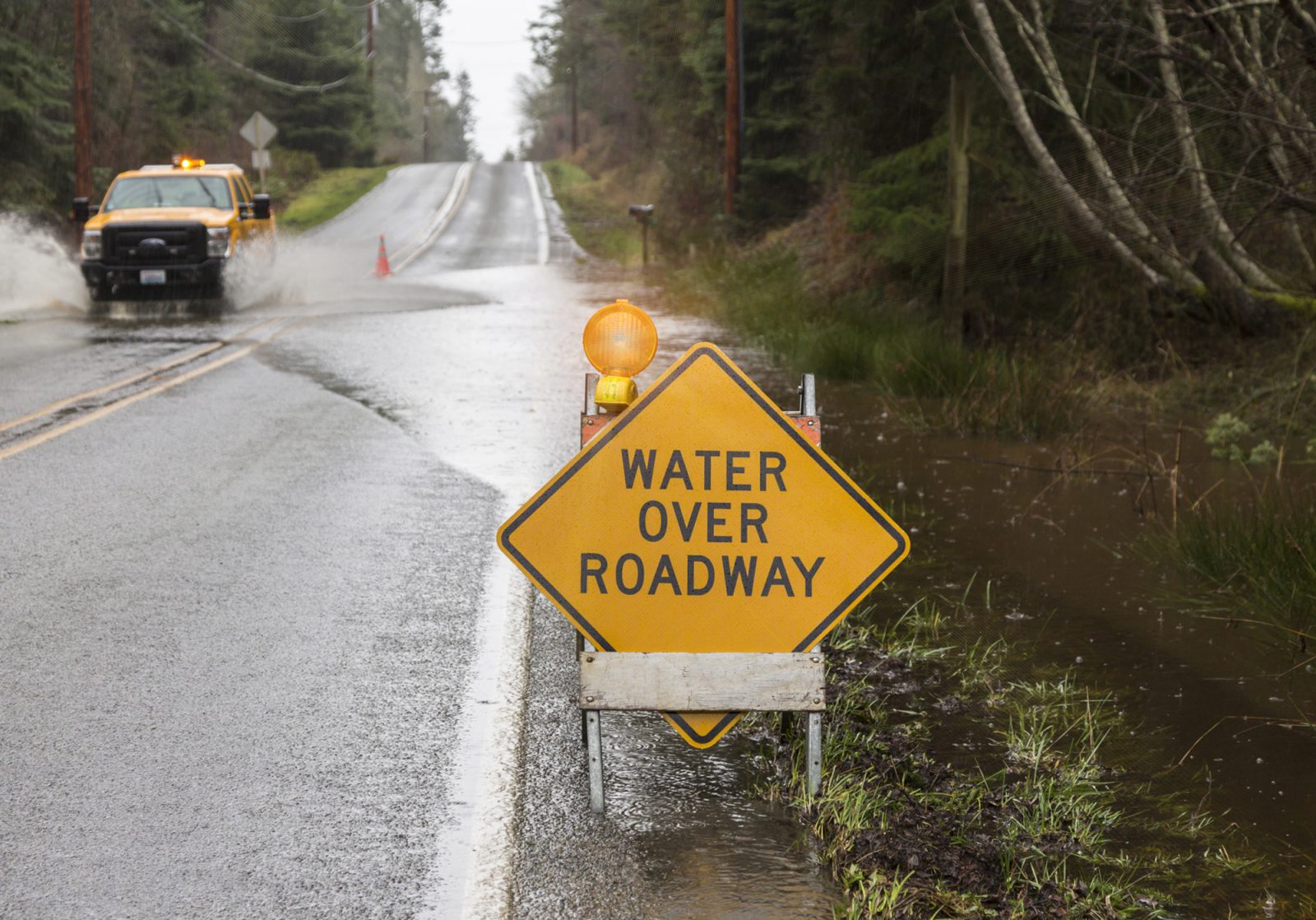
By: Kassie Burns
On April 21, 2023, Sustainability at Brock co-hosted a BioBlitz event with The Niagara Parks Commission to offer students an opportunity to learn about invasive species in Niagara and contribute to management plans at Dufferin Islands. It made history as Brock’s first ever organized BioBlitz, and it was a huge success! Both undergraduate and graduate students represented the school, holding a diverse range of backgrounds that made the event unique and special.
For many students, it was their first time experiencing an event such as this, which provided practical skills in the environmental field. Dufferin Islands offers a gorgeous surrounding, with a range of both aquatic and terrestrial ecosystems to be an optimal spot for surveying species.
Janet Marley, a Child and Youth Studies student participating in the BioBlitz, said “This my first time participating in a nature program like this. It has been intriguing and fun and increased my awareness about biodiversity and invasive species. Thanks to the organizers and hope there will be another like this in the future.”
In addition, students were able to learn about local community settings, which some had yet to explore.

“This was my first time going to Niagara Parks and everyone was so welcoming and helpful, and I was able to learn a lot on such a short period of time. It was such an informative and educational process; I am so happy to be part of this project. Thank you to everyone and I hope I will be able to take part in something like this in the future” Philomena Nwapa, a Nursing student.
Students were enthusiastic and appreciative for the event, which highlighted students’ dedication to enhancing sustainability in Niagara. More encouraging reflections were represented as students recognized that anyone, no matter their educational background, could participate.
Prestyn Sider, an Earth Science student, shared “It was a pleasure learning about the types of invasive species that occur in Niagara and the way that an ordinary person can help in promoting biodiversity! Great experience, thank you to the Brock sustainability team for inviting me out!”
We were delighted to hear that so many students are interested in participating in future BioBlitz events and keen to attend more sustainability events in the future.
“Thank you for sharing the great experience. It is good opportunity to be involved in sustainability and I would like to participate in more opportunities”, said Mai Osada, an English as a Second Language (ESL) student.
The event was a huge success with students, and it showcased the power of uniting people to work towards common goals. We sincerely thank all the students for attending this event and congratulate them on the exceptional data they were able to acquire!

We look forward to sharing more sustainable events with you soon! Be sure to follow us on Instagram, Twitter, and Facebook (@BUsustainable) as well as the Sustainability at Brock ExperienceBU page to keep up to date on all the new activities.
This event directly helps to achieve SDG 4, SDG 9, SDG 11, SDG 13, SDG 14, SDG 15, SDG 17.





